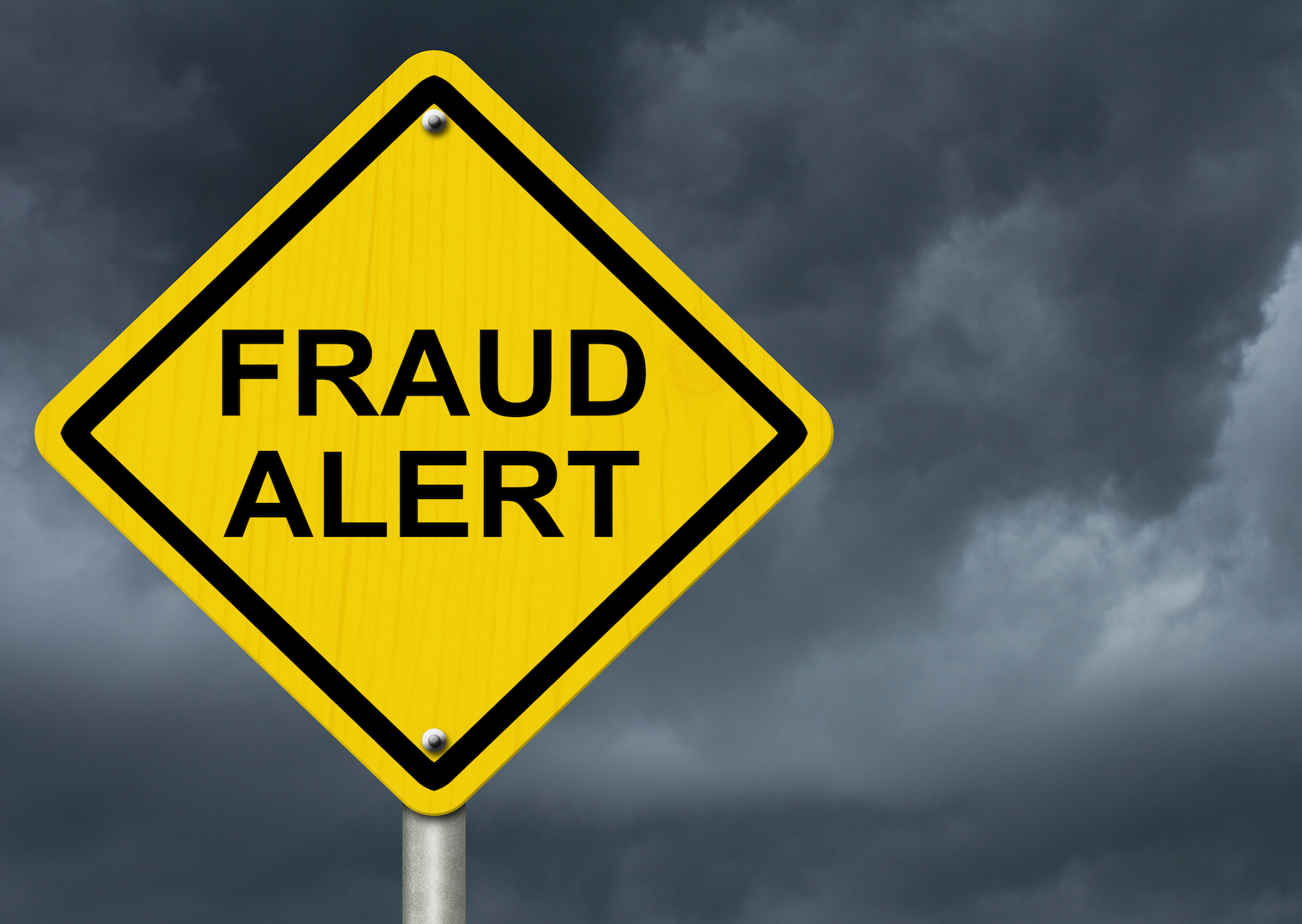As the holiday season approaches, the UK government is urging the public to stay vigilant against a rising wave of scams exploiting the cost of living crisis. Fraudsters are taking advantage of financial struggles, using deceptive tactics to steal personal and financial information. Authorities, government agencies, and private sector partners are working together to educate people on how to spot and report scams.
Stay Safe with These Key Steps:
- Stop – Pause and think before sharing money or personal details.
- Challenge – Question unexpected requests. If something feels off, it’s okay to say no. Fraudsters use urgency to manipulate victims.
- Protect – If you suspect fraud, contact your bank immediately and report it to ProtectMeOnline.
- Report – Forward suspicious emails to report@phishing.gov.uk and report scam text messages by forwarding them to 7726 (free of charge).
Below are the most common scams currently in circulation and tips to avoid falling victim:
Energy Bill Rebate Scams
Between September 1 and November 13, 2022, there were over 350 reports of fake emails and texts claiming to offer energy bill rebates. These messages falsely claim recipients are “owed” or “eligible” for government support and often display the Ofgem logo or references to energy suppliers. Clicking on links in these messages leads to fraudulent websites designed to steal sensitive information.
Remember: The UK’s Energy Bill Support Scheme does not require applications, and you will never be asked to provide bank details. Report suspicious texts to 7726 and forward questionable emails to report@phishing.gov.uk.
Cost of Living Payment Scams

Following the government’s announcement of a £650 support payment for low-income households, scammers have been targeting people with fake messages asking them to “apply” for the benefit via a link. These links direct victims to fraudulent websites that steal their information.
Important: The cost of living payments are automatically sent to eligible recipients. The DWP will never ask for personal details via text or email. Always check official government sources for updates.
Fake Discounts on Fuel, Phone Bills & Supermarket Offers
Scammers have been sending phishing emails impersonating utility companies, phone providers, and supermarkets, promising fuel vouchers, phone bill discounts, or free food giveaways. Some fake social media ads even claim to offer soon-to-expire food items, luring victims into sharing personal data.
How to stay safe: If a deal looks too good to be true, it probably is. Verify offers by visiting the official website of the brand in question.
Investment Fraud & Fake Refunds
As people look for ways to manage rising costs, scammers are exploiting this with fraudulent investment schemes and fake bank refunds. They often contact victims through social media, showing fake screenshots of large deposits to trick them into sharing banking details.
Protect yourself:
- Never rush into an investment—genuine firms will not pressure you.
- Seek financial advice from a trusted source before making decisions.
- Use the Financial Conduct Authority (FCA) register to verify if a company is regulated.
Stay Alert and Report Scams
If you receive a suspicious call, email, or message:
- Do not engage—avoid clicking on links or sharing personal details.
- Report phishing attempts via ProtectMeOnline’s official reporting page.
- Verify information through official websites before taking action.
By staying informed and cautious, you can protect yourself and others from falling victim to scams this holiday season.

